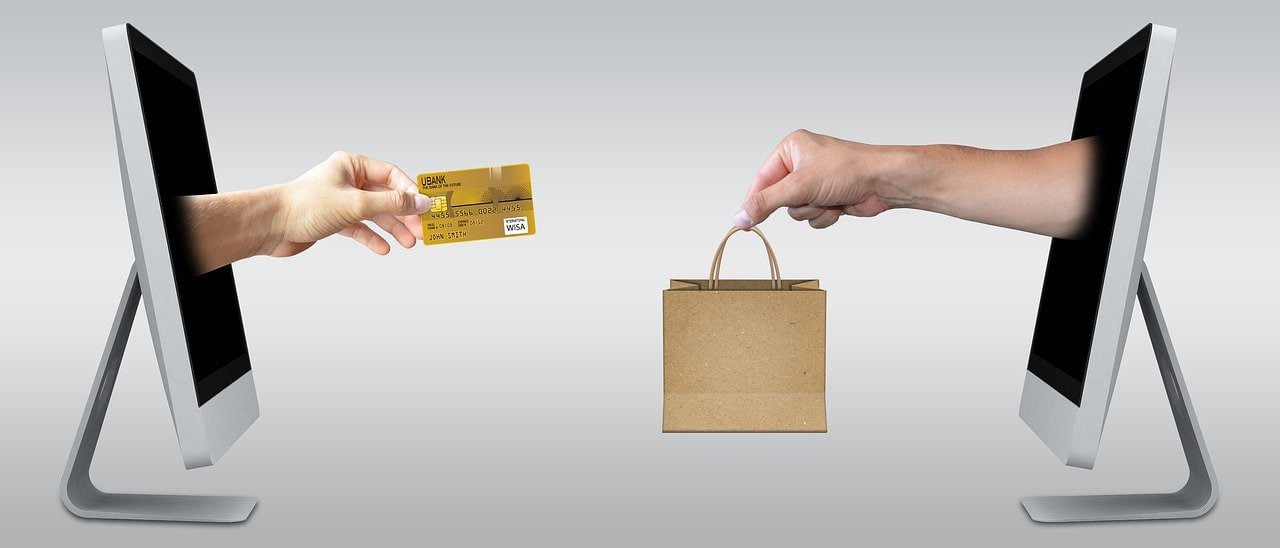Amazon has been an ecommerce powerhouse in the West, while its two Asian counterparts – Alibaba in China and Rakuten in Japan – have been growing rapidly. Should Amazon fear their entry into the global ecommerce market?
Like most U.S. companies who are leading the way in their own field, Amazon has been considered the number one ecommerce platform by many businesses worldwide.
While the ecommerce behemoth is wooing more and more non-Americans, it has two formidable competitors in Asia: Alibaba in China and Rakuten in Japan.
Alibaba is the biggest ecommerce platform in China, a market that is estimated by eMarketer to surpass the U.S. as the largest retail e-commerce region by 2017.
During Singles’ Day 2015, a Cyber Monday-like shopping festival, Alibaba topped global e-commerce sales records with $14.3 billion in gross merchandise volume.
Currently most of the company’s transactions occur in China but its chief executive (CEO) Jack Ma is hoping to change that with Alibaba’s high-profile initial public offering (IPO) that happened in 2014.
Rakuten, on the other hand, is the Japanese equivalent of Amazon. Its CEO Hiroshi Mikitani made English the company’s official language in 2010. Rakuten has been very aggressive in globalization, with acquisitions totaling around $4 billion to date.
Major deals include:
- $410 million for ebook and audiobook platform OverDrive in 2015
- $1 billion for U.S. shopping site Ebates in 2014
- $900 million for Cyprus-based mobile messaging app Viber in 2014
- $200 million for video site Viki in 2013
- $315 million for Canadian e-book company Kobo in 2011
- $39.1 million for European online retailer Play.com in 2011
- $250 million for Japanese e-commerce site Buy.com in 2010
- $425 million for U.S. performance-based marketing solutions LinkShare in 2005
The global expansion of Alibaba and Rakuten raises a question: can Amazon win the ecommerce game outside of the U.S. and Europe?
An open platform versus a closed system
The three ecommerce giants are built upon different business models. Amazon is a closed system where the company handles everything for merchants, including warehouse management, logistics and customer service.
In comparison, Alibaba and Rakuten are taking an open approach where they provide a shopping platform and payment gateway but business owners need to manage inventory, logistics and customer service by themselves.
“Amazon has an advantage over Alibaba with its closed system that guarantees consistent user experience, high-quality customer service, global scale, mature infrastructure and trusted relationship with existing online shoppers,” explains Bessie Lee, founder and CEO of China-based investment management consultancy withinlink.
But with its IPO in 2014, Alibaba started collaborating with more third-party cross-border logistics companies in various free trade zones in mainland China and Hong Kong, which benefits brands that are looking to enter China, Lee adds.
“Logistic-wise, Alibaba’s setup can save international brands a lot of hassle,” she says.
Rakuten is also an open platform. But compared to Alibaba and Amazon, Rakuten is membership-based and more loyalty-driven by offering consumers direct benefits through cash back and Rakuten Super Points that can be exchanged for offline and online shopping or other experiences.
“Rakuten’s focus for 2016 is to further build an open platform online marketplace, which is about offering access to a rich diversity of [products] curated for the individual consumer, providing an entertaining, personalized experience,” a source familiar with Rakuten, who wants to keep anonymous, tells ClickZ.
Through mergers and acquisitions, Rakuten already operates in many markets including the U.S., Canada, Brazil and many European countries.
“In some ways, Rakuten is more advanced [than Alibaba] in integrating its disparate investments, such as rewarding members when professional sports teams win,” says Mark Tanner, managing director of China Skinny, a marketing strategy and research company.
“And Rakuten’s investment in Viber gives the company a potential for social commerce, which is an advantage that Alibaba doesn’t have,” he adds.
Amazon should be aware, but not afraid
For Alibaba and Rakuten, Western markets are a hard nut to crack. Alibaba’s CEO Jack Ma made no secret of his desire to grow the company’s presence in the U.S..
In 2014, Alibaba teamed up with New York-based social shopping marketplace OpenSky to create a boutique consumer ecommerce site called 11 Main. But Alibaba sold its share in 11 Main just a year after its debut.
While Rakuten is still barely known by consumers in the U.S. and the U.K..
For the time being, Amazon is still the best ecommerce option for many international merchants thanks to its closed ecosystem. Because foreign brands who do not have established distribution, logistics and marketing teams overseas will have to struggle with the lack of resources if they partner with either Alibaba or Rakuten.
A Quora user even described Alibaba’s international marketplace a “horrible structure.”
“Alibaba does not really target startups from overseas in the way Amazon does. Additional costs and different time zones for support make it hard for Alibaba to compete with Amazon,” explains Tanner from China Skinny.
However, international brands should not neglect Alibaba or Rakuten given these two companies’ large user base in their local markets where Amazon does not have the same scale. That’s why Macy’s signed a deal with Alibaba last year as the first U.S. department store to join the e-commerce conglomerate’s online shopping mall for international brands, Tmall Global.
While in Japan, one in four online purchases takes place on Ichiba (Rakuten Marketplace), according to Bloomberg.
Both Alibaba and Rakuten have helped rival Amazon make money, as well. Amazon in China has opened a store on Alibaba’s business-to-consumer (B2C) platform, while consumers who sign up for Rakuten-owned Ebates can browse deals on Amazon and get cash back on their purchases. Ebates gets a small commission.
Final thoughts
Asian ecommerce conglomerates like Alibaba and Amazon are expanding their businesses at a global scale but at the same time they are going through some pains.
“We’ve seen that with eBay and Amazon who have struggled to make any headway as they do not understand the consumer as well as the savvy local companies,” says Tanner.
“While Amazon does not need to fear in its established local markets, Asian giants will certainly give it a run for its money in emerging markets,” he adds.
For the time being, Amazon is winning the global ecommerce game, while Alibaba and Rakuten are leading the way in their country. But as the two Asian companies are optimizing their platforms and their business models are more widely accepted, they could be able to beat Amazon.
“It will take Alibaba a long time to establish what Amazon has achieved today,” says withinlink’s Lee.
“If Alibaba decides to link its ecommerce platform with any other services that it has acquired overseas, Alibaba will blow international shoppers’ minds with the platform’s openness (all information is available to shoppers), variety of products and price advantage. Then Alibaba will be a threat to Amazon,” she adds.
Source – ClickZ.com


